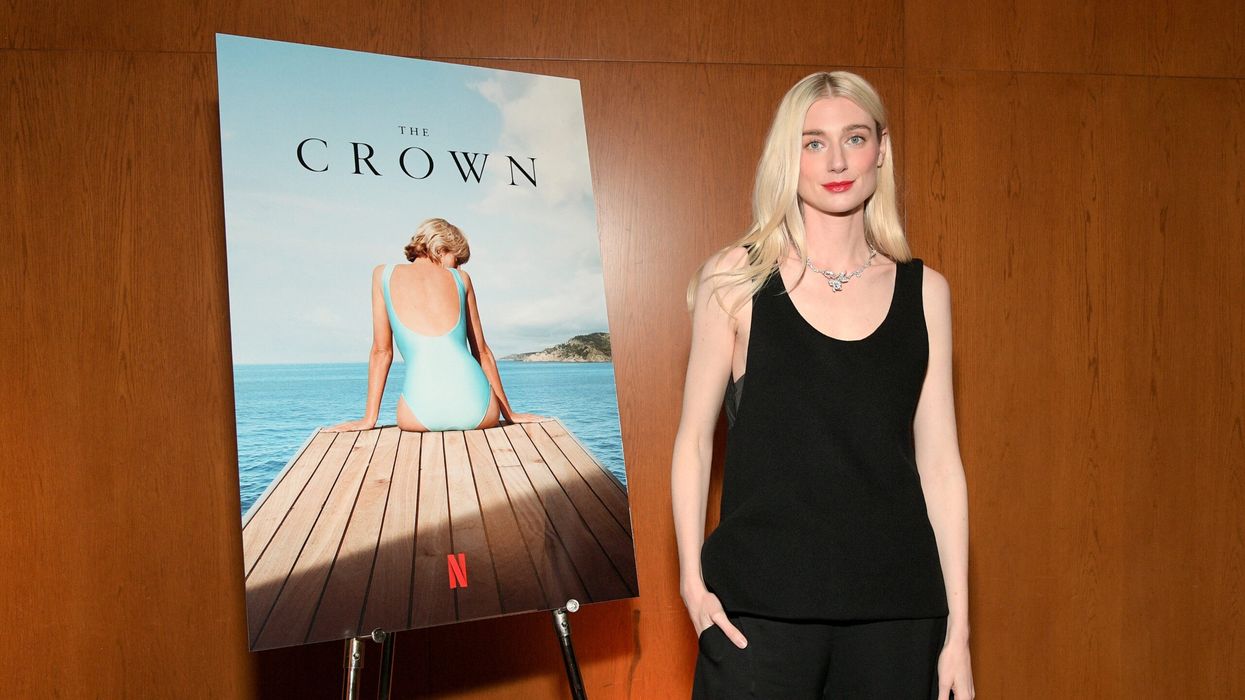The British Academy of Film and Television Arts (BAFTA) unveiled the nominations for their 2024 Television Awards on Wednesday.
Leading the pack are The Crown with 8 nominations and Black Mirror with 7 nominations. Both dramas are up for the prestigious "Best Drama Series" award, alongside Happy Valley, Slow Horses, and The Sixth Commandment, which all received 6 nods each.
Following closely behind with 5 nominations each are The Last of Us, The Long Shadow, and Succession. Other notable shows included in the nominations are Extraordinary and Good Omens.
There were 17 first-time nominees across the performance categories, including David Tennant (Good Omens), Hannah Waddingham (Eurovision Song Contest 2023), Amit Shah (Happy Valley), Bella Ramsey (The Last of Us), and Bridget Christie (The Change).
The Crown received a significant number of nominations in the performance categories. Actresses Elizabeth Debicki (portraying Princess Diana) and Lesley Manville (Princess Margaret) are both nominated for Supporting Actress. Additionally, Dominic West (Prince Charles) is up for Leading Actor, with Salim Daw (Mohamed Al-Fayed) contending for Supporting Actor.
Other big names in the acting categories include Brian Cox (Succession), Steve Coogan (The Reckoning), Timothy Spall (The Sixth Commandment), Helena Bonham Carter (Nolly), Sarah Lancashire (Happy Valley), Sharon Horgan (Best Interests), Jack Lowden (Slow Horses), and Matthew Macfadyen (Succession).
Competing for the best international series award are The Bear, Succession, Beef, and The Last of Us.
The BBC leads the way with sixty-five nominations. Netflix is a close second with a record-breaking thirty-five nods, followed by Sky Max with thirty-one, ITV1 with twenty-three, Channel 4 with sixteen, Apple TV+ with thirteen, Disney+ with eight, Prime Video with four, and Channel 5 with two.
The BAFTA ceremony recognises "the most gripping, entertaining, challenging, funniest, most informative, highest quality, and most impactful TV programs of 2023, as voted for by BAFTA members," said BAFTA CEO Jane Millichip. BAFTA chair Sara Putt added, "Water-cooler TV moments, brave documentaries that expand our worldview, and powerful real-life inspired dramas—these are just some of the BAFTA nominated TV programs for audiences to watch. I'm delighted to see so many first-time nominees, so much new and emerging talent, and so many debut projects recognised today."
The BAFTA Television Craft Awards will be held on Sunday, April 28th, at The Brewery in London, while the BAFTA Television Awards will be held on Sunday, May 12th, at London's Royal Festival Hall (and also airing on BBC One and the BBC iPlayer).
In 2023, I Am Ruth, Bad Sisters, Derry Girls and The Traitors were the top winners at the BAFTA Television Awards. Kate Winslet won the BAFTA for Leading Actress for her role in I Am Ruth, which was also honoured as the Best Single Drama.
Bad Sisters took home the award for Best Drama Series, with star Anne-Marie Duff receiving the award for Best Supporting Actress for her portrayal of Grace Williams. Siobhán McSweeney won the honour for Best Female Performance in a Comedy Programme for Derry Girls, which also received the Best Scripted Comedy honour.




